Martin Lukac
On Minimal Accuracy Algorithm Selection in Computer Vision and Intelligent Systems
Aug 12, 2016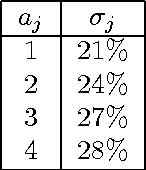
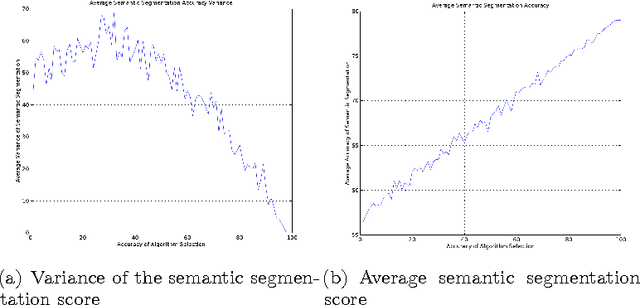
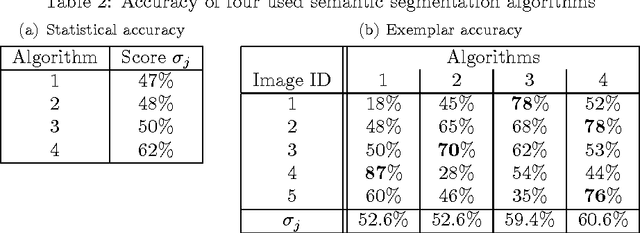
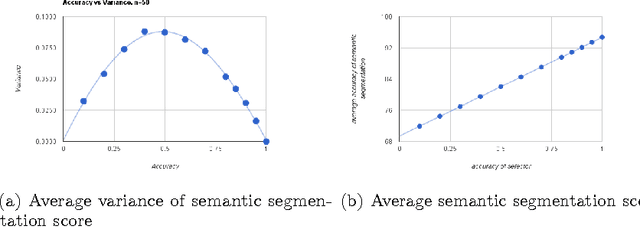
Abstract:In this paper we discuss certain theoretical properties of algorithm selection approach to image processing and to intelligent system in general. We analyze the theoretical limits of algorithm selection with respect to the algorithm selection accuracy. We show the theoretical formulation of a crisp bound on the algorithm selector precision guaranteeing to always obtain better than the best available algorithm result.
Reasoning and Algorithm Selection Augmented Symbolic Segmentation
Aug 12, 2016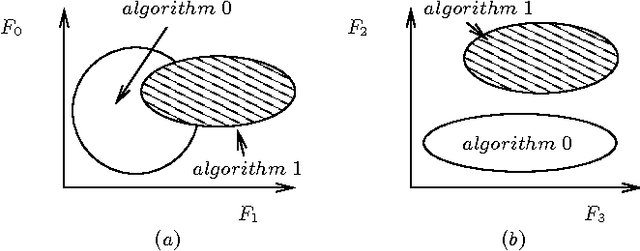

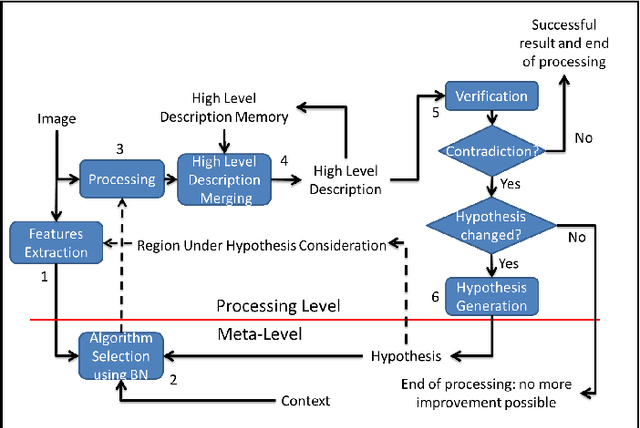

Abstract:In this paper we present an alternative method to symbolic segmentation: we approach symbolic segmentation as an algorithm selection problem. That is, let there be a set A of available algorithms for symbolic segmentation, a set of input features $F$, a set of image attribute $\mathbb{A}$ and a selection mechanism $S(F,\mathbb{A},A)$ that selects on a case by case basis the best algorithm. The semantic segmentation is then an optimization process that combines best component segments from multiple results into a single optimal result. The experiments compare three different algorithm selection mechanisms using three selected semantic segmentation algorithms. The results show that using the current state of art algorithms and relatively low accuracy of algorithm selection the accuracy of the semantic segmentation can be improved by 2\%.
Symbolic Segmentation Using Algorithm Selection
May 29, 2015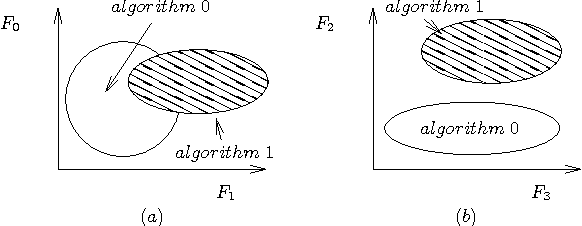

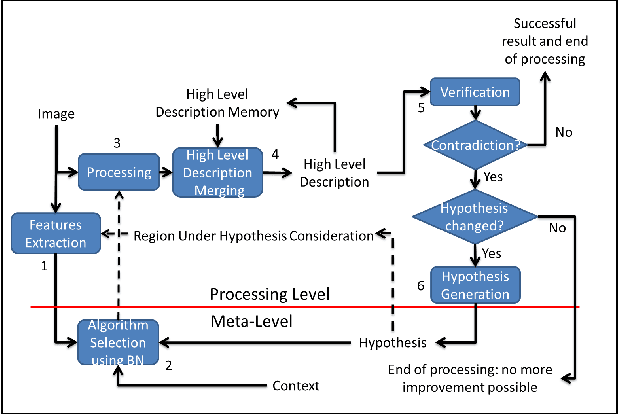
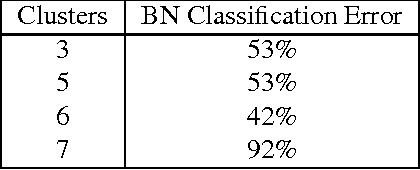
Abstract:In this paper we present an alternative approach to symbolic segmentation; instead of implementing a new method we approach symbolic segmentation as an algorithm selection problem. That is, let there be $n$ available algorithms for symbolic segmentation, a selection mechanism forms a set of input features and image attributes and selects on a case by case basis the best algorithm. The selection mechanism is demonstrated from within an algorithm framework where the selection is done in a set of various algorithm networks. Two sets of experiments are performed and in both cases we demonstrate that the algorithm selection allows to increase the result of the symbolic segmentation by a considerable amount.
 Add to Chrome
Add to Chrome Add to Firefox
Add to Firefox Add to Edge
Add to Edge